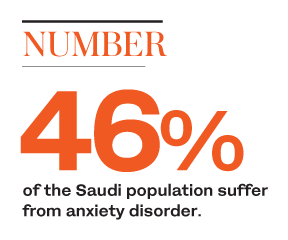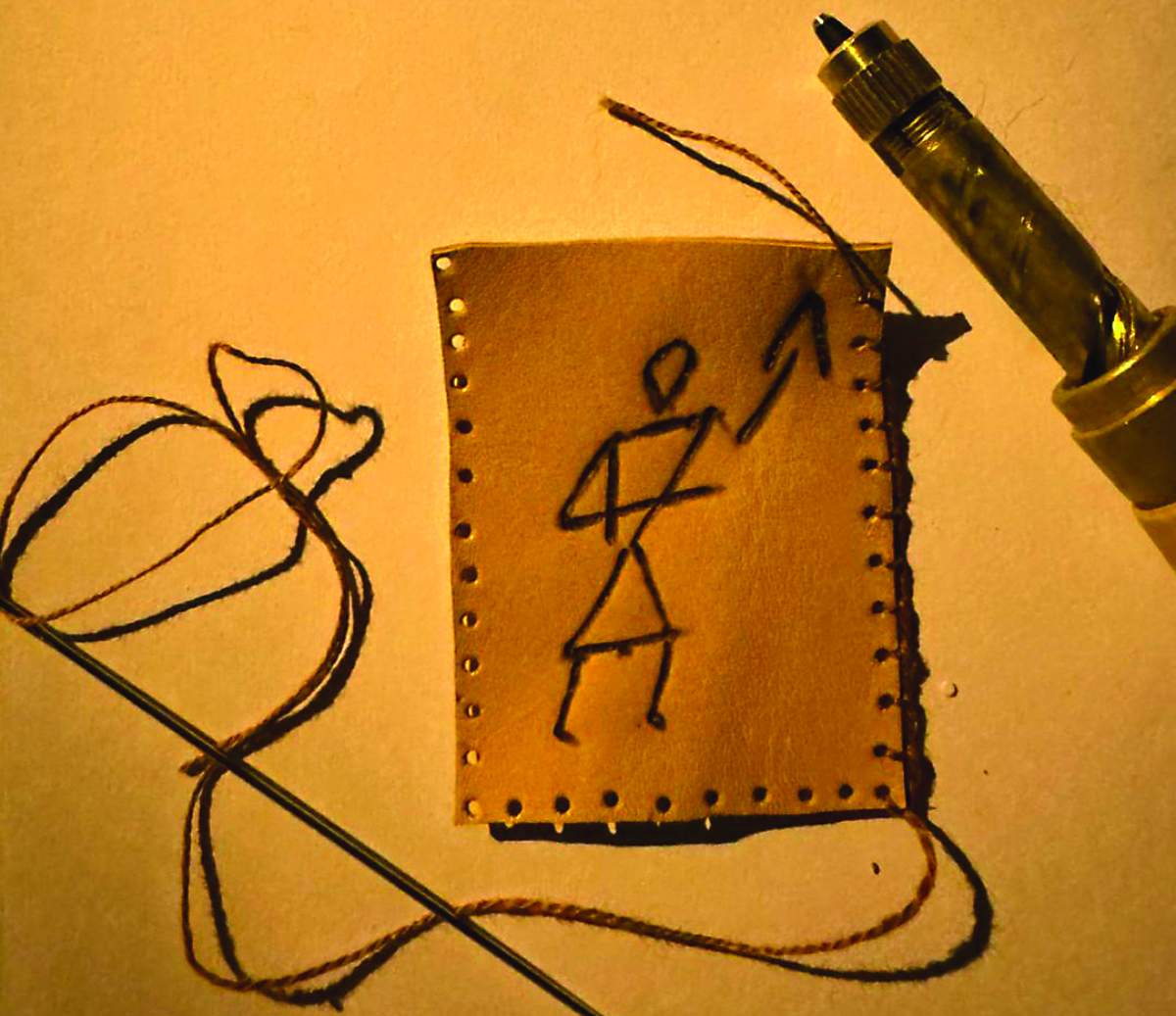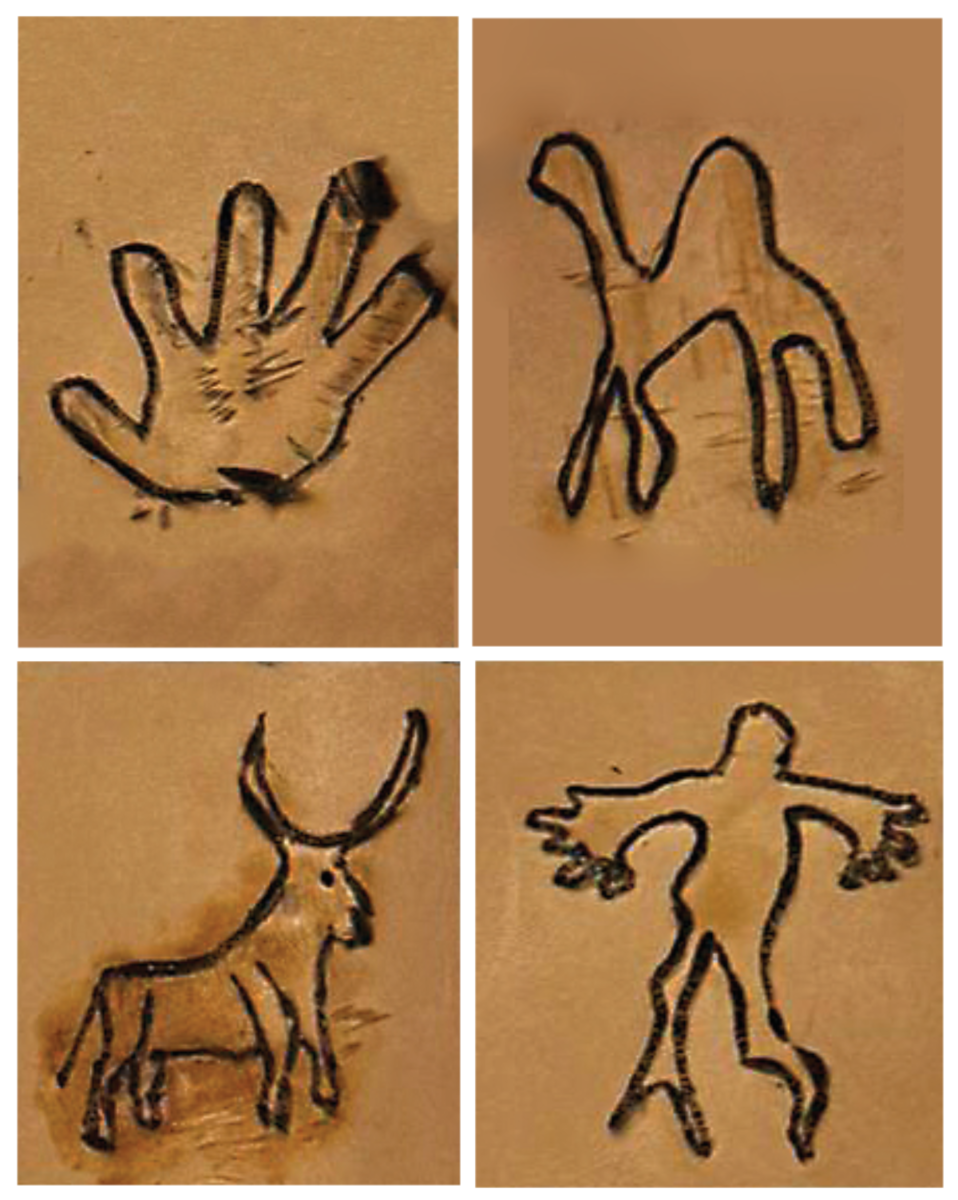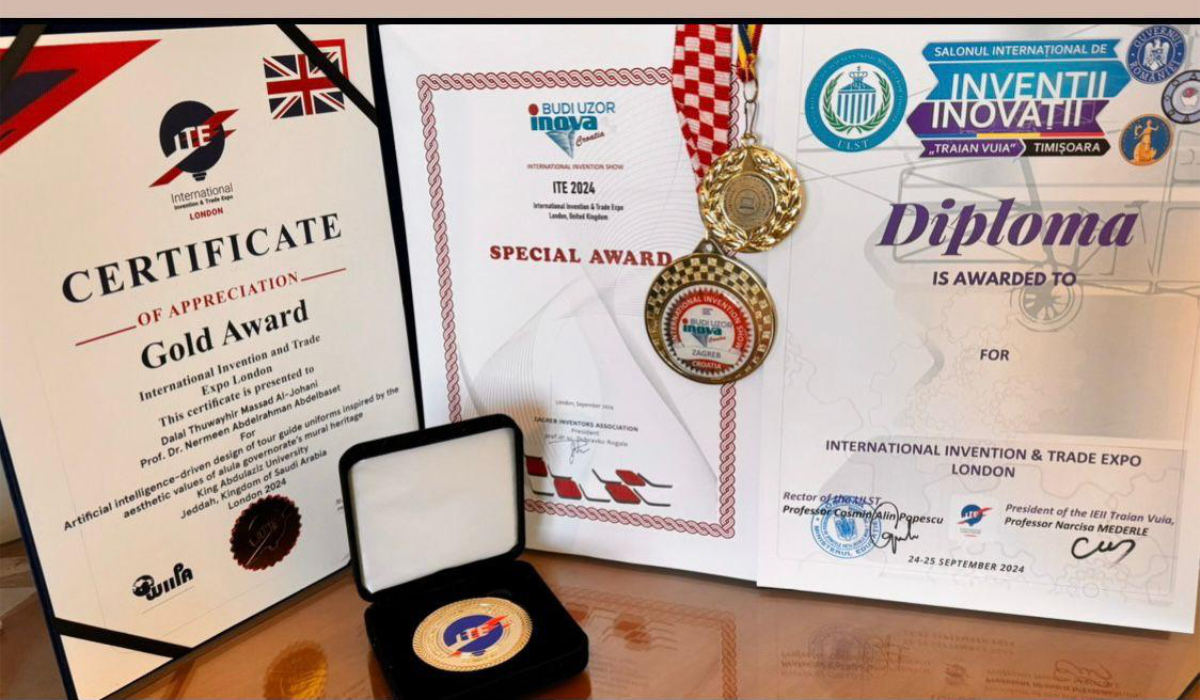It’s pretty typical for societies to brush off mental health problems as minor issues caused by fluctuations of a person’s manner, sometimes even blamed as a personality trait. But the underlying truth is that mental health awareness and the importance of seeking help when needed is still seen as a stigma or taboo. Keeping to oneself is seen as “safer” than venturing out to find proper care. Not any more.
JEDDAH: Hala Abdullah first realized she needed help when she experienced breathing problems for two weeks at a stretch. Every time she tried to sleep, she found herself struggling. When Abdullah consulted a pulmonologist, he made her go through the whole gamut of tests, then gave her his diagnosis: Anxiety disorder, which had nothing to do with her lungs.
A subsequent visit to a therapist confirmed the doctor’s diagnosis. The 27-year-old Saudi is an exception, in the sense that she is one of the rare people who is not only willing to talk about mental illness but also do it on social media, thus helping to shed light on a condition that is believed to affect nearly one out of every two people in Saudi Arabia, according to the Journal of Clinical Psychiatry.
“I am a marketeer by profession and a poet by passion,” Hala Abdullah told Arab News. “Recognizing that I needed help wasn’t easy. It took me a long time to realize that the physical pain I was experiencing was a symptom of a bigger problem.”
Around the world, the realization has been slow, too, that mental illness is nothing to be ashamed of. Those who have read Harry Potter and the Deathly Hallows will recall Professor Albus Dumbledore saying: “Of course it is happening inside your head, but why on earth should that mean that it is not real?”
 Indeed, mental illness is a medical condition no different from heart disease or diabetes and is treatable. Scientists are constantly expanding the understanding of how the human brain functions and have determined that mental health is the foundation for emotions, thinking, communication, and self-esteem. Treatments are available to help people cope with a wide range of mental health disorders.
Indeed, mental illness is a medical condition no different from heart disease or diabetes and is treatable. Scientists are constantly expanding the understanding of how the human brain functions and have determined that mental health is the foundation for emotions, thinking, communication, and self-esteem. Treatments are available to help people cope with a wide range of mental health disorders.
The American Psychiatric Association defines mental illnesses as “health conditions involving changes in emotion, thinking or behavior or a combination of these.” It says that “while mental illness can occur at any age, three quarters of all mental illness begins by the age of 24.”
It is increasingly accepted in Saudi Arabia that the best way to promote mental health awareness and help the public’s understanding of the issue is to talk about it. Hala Abdullah said the therapist’s diagnosis was a difficult conversation to have with her parents, but she was surprised by the support they offered.
“I wanted to breathe, or maybe just go an entire day without being in some kind of pain,” she said. “The medication helped. It took a couple of weeks to really settle in, but I was able to function again on a day-to-day level. I was able to sleep. To focus. To breathe.
“It is OK to ask for help when you need it. The people in our lives would rather we ask for help than suffer quietly. So, let them in.”
Although Saudi Arabia has seen much progress in recent years in addressing mental illness as a public-health issue, it was not always like that. Up until the 1980s, the treatment of people with any kind of disorder, specifically those with chronic psychotic disorders in rural areas, involved traditional methods meant to exorcise “demons” or to ward off a spell or a curse or some other invisible magical force.
Advances in the treatment of mental illness in Saudi Arabia began to be made in the 1950s, with the building of the first psychiatric hospital in Taif province. The problem with the Taif Mental Hospital in Shahar was that it was the only one of its kind for a population of six to eight million people. Progress was gradual and not easy, with all kinds of public expectations vying for policy-making priority.
In the same way that social problems such as spouse abuse and maltreatment of children were considered a private matter, so was mental illness, an attitude that to a large extent continues to this day because of the apparent stigma attached to it. Rarely do Saudis get to hear of somebody seeking therapy even though many disorders are mild and interfere in limited ways with daily life, and despite the fact that only those with severe conditions require care in a hospital.
“The preoccupation with avoiding stigma and the adverse social and psychological effects associated with it, such as embarrassment or shame, may act as a deterrent to seeking psychological help,” said Dr. Manal Kayal, counselor and psychotherapist at IMC Hospital in Jeddah.
Unsurprisingly, people often withhold sensitive information about themselves although, in reality, they can be sure that psychological services provide a safe and trusting atmosphere without fear about confidentiality.
“Maintaining confidentiality is an expected element in psychological services,” Dr. Kayal said. “Moreover, psychological services are not meant for ‘sick’ or ‘insane’ people, but aimed at assisting people who confront a multitude of concerns ranging from academic difficulties and career development struggles to more severe psychological problems.”
The good news is that events are being organized with increasing regularity on the issue of mental illness to make sure that therapeutic help is available to those in need. For instance, the ACT Adult & Child Therapy Center in Jeddah has held several sessions and workshops both for people suffering from disorders and for their families. The center designated October as the Mental Health Awareness Month.
An increasingly popular technique of making treatment accessible to the public is online psychotherapy, which takes the chore out of regular visits to a hospital. For Saudis, one of the many websites offering this type of distance therapy is YouPositive, which was founded in Jeddah. The services it provides are suitable for people from age 18 to 50 and include both offline and online life coaching and psychological counseling by certified and licensed professionals.
Speaking to Arab News, Dr. Hawazan Binzaqr, a YouPositive counselor, said the people she interacted with typically showed symptoms of mild, moderate or severe anxiety disorders, depression and other mental illnesses.
 The obvious advantages of online counseling over face-to-face sessions between a psychotherapist and a patient in a clinic, begs the question as to whether the former method can make a real difference to a patient’s condition. “Online therapy is a blessing for people who cannot visit a center because they might be in another city or country,” Dr. Binzaqr told Arab News. “Treatment from the comfort of the home is more convenient for them because they might find unpleasant the idea of regularly visiting a center for counseling in person, as well as its impact on their social standing or professional reputation.”
The obvious advantages of online counseling over face-to-face sessions between a psychotherapist and a patient in a clinic, begs the question as to whether the former method can make a real difference to a patient’s condition. “Online therapy is a blessing for people who cannot visit a center because they might be in another city or country,” Dr. Binzaqr told Arab News. “Treatment from the comfort of the home is more convenient for them because they might find unpleasant the idea of regularly visiting a center for counseling in person, as well as its impact on their social standing or professional reputation.”
Explaining the steps of the therapy, Dr. Binzaqr said that to assure people that there is nothing to be hesitant about, “the therapist listens to the client over several sessions, accepts the client unconditionally making no judgment whatsoever, and all the information is kept completely confidential.
“The most important step is to build a relationship between the client and the therapist. Typically, the client expresses their feelings through the sessions while the therapist encourages, empowers, teaches and guides the client through the complications of life.”
According to Dr. Binzaqr, ideally “one should share the names of their therapists without embarrassment, talk about the treatment at home and at work, and even post information on social media, blogs, and magazines. These steps are necessary to ensure sound mental health of a family.”
Mental health is not an inappropriate topic that should not be discussed in hushed tones and locked away in journals, say doctors. Rather, it should be talked about, analyzed and treated as a normal part of life. Since mental health is key to a person’s relationships and personal and emotional well-being, psychiatrists and counselors say those who share their experiences would be surprised to learn how many people around them could use that information.































